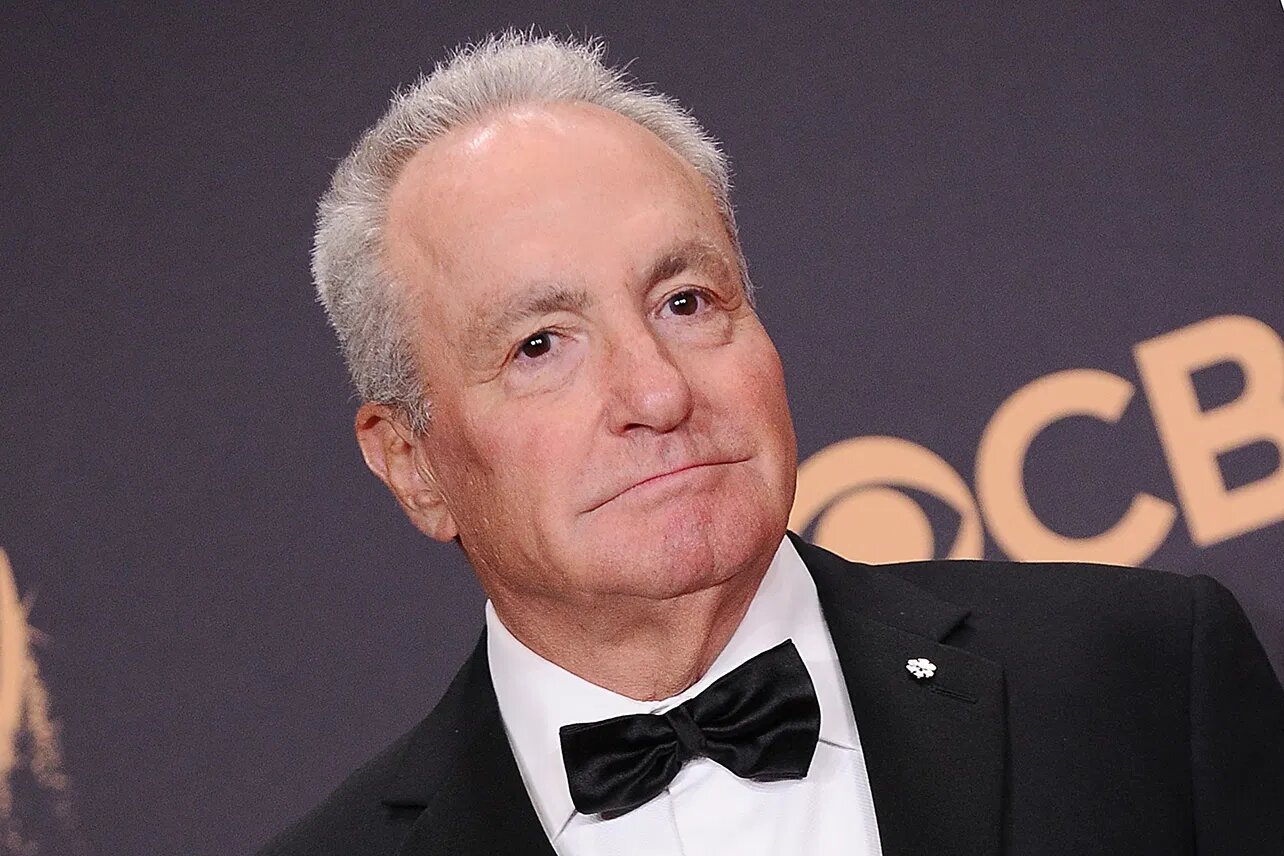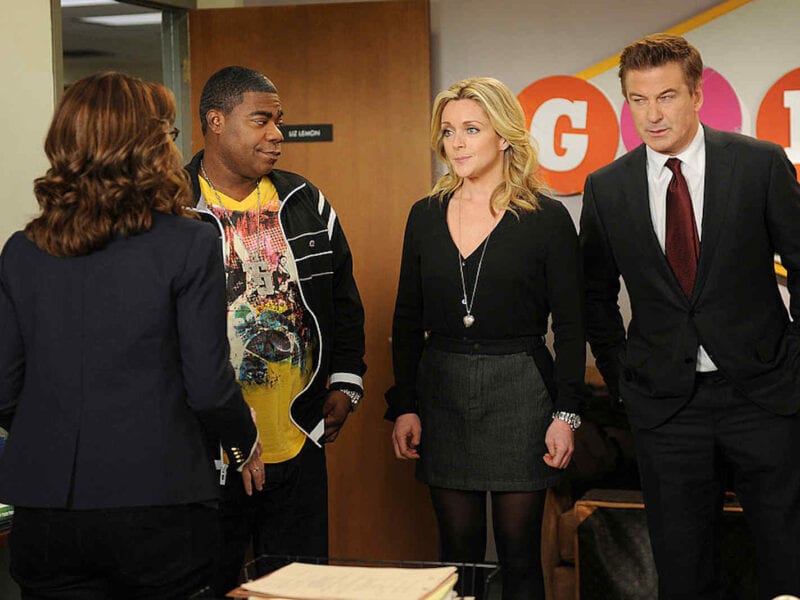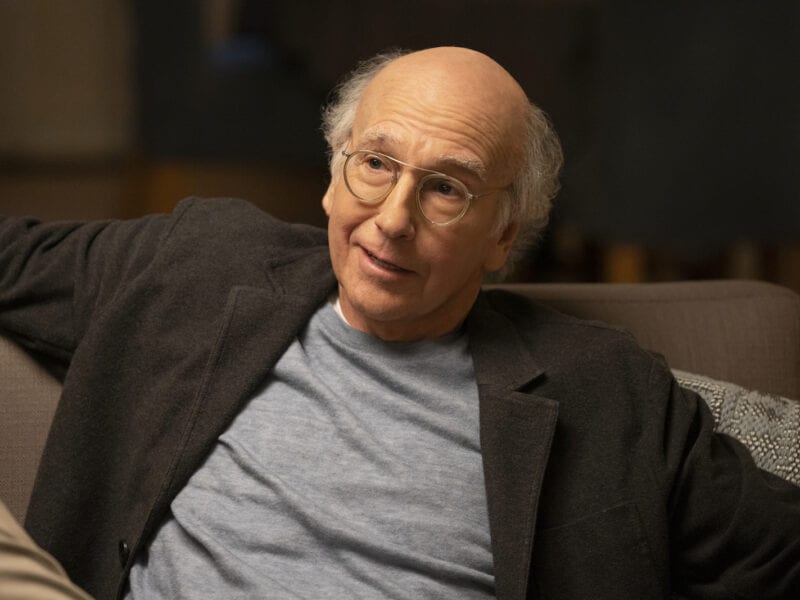
Did Lorne Michaels run SNL like a tyrant? These staffers say “yes”
The name Lorne Michaels has been synonymous with live television since 1975 when he was tasked with creating and producing what is arguably the most successful sketch-comedy show of all time: Saturday Night Live.
Although Michales has helped cement the careers of some of the highest profile celebs in the past four decades – Bill Murray, Jimmy Fallon, Tina Fey, Will Ferrell, Adam Sandler, and Amy Poehler to name only a few – plenty of ex-stars & staffers have suggested Lorne’s methods don’t always lead to the good life.
With heavy scrutiny on behind-the-scenes actions becoming one of the themes of 2020 – further emphasized by the recent Ellen DeGeneres allegations – Lorn Michaels may be more likened to a tyrant rather than a producer during his time with SNL.

The case: SNL staffers vs. Lorne Michaels
From producing SNL and other long-term experiences with both The Tonight Show and the Late Night franchise, Lorne Michaels is a forty-year veteran of the high-powered TV industry.
Michaels also runs the risk of becoming an afterthought engulfed by the declining popularity and acceptability of outdated industry standards of behavior. Such accusations were the subject of comments by SNL alums like Taran Killum, who criticized Michaels for fostering a cult-like system.

Killam appeared on SNL for a few years before his “departure” in 2016, despite having another year left on his contract. Killam was released for Season 42, along with fellow cast member Jay Pharoah, a change Lorn Michaels called “the lifeblood of the show.”
Killam opened up about his time on SNL in a 2018 podcast, explaining his beliefs about Lorne’s changed behavior and attitude came after the 40th Anniversary Special in February 2015 – a season marking the loss of another veteran comedic actor and writer, Seth Myers, to bigger opportunities.

Lorne Michaels: A tyrant for quality
Killam noted in his podcast interview, it was after this four-decade milestone Lorne began showing signs of change: “then it was back to this cast who’s all 40 years younger than you and aren’t as famous as Tina Fey or whatever,” Killam explained, referring to the sentiment after the taping of the special.
Killam speculated this one show to be the catalyst for Lorne’s new “impatient” behavior, as the aging producer witnessed the successes from previous years, and became disappointed with the caliber of his current cast. Leading to his exit, Killam described SNL as “less of a happy place” and more of a “competitive, exhausting environment.”

Even SNL great Chevy Chase – who appeared in its original seasons and in the 40th Anniversary Special – has been open about his disappointment in the quality of the modern show: “I’m amazed that Lorne [Michaels] has gone so low. I had to watch a little of it, and I just couldn’t f—ing believe it” he told the Washington Post.
With so much pressure on Michaels to ensure the quality of a show from which he has loosened his grip over recent seasons, it’s no surprise a new regiment was employed to reclaim its once-revered status.

Lorne Michaels: Controversial history with SNL staffers
But Lorne Michaels has faced criticism from more than actors under his charge – in fact, various unnamed staff members have been open to speak on Lorne’s conditions since the mid-90s. In 1995, New York Magazine published words from a former cast member, with more specific claims of early cult-like behavior.
The unidentified contributor was quoted, “They keep you up for hours, they never let you know that you’re okay, and they always make you think that your spot could be taken at any moment by someone else,” speaking on the general SNL conditions. We’ve all heard of healthy competition in the workplace, but this sounds a bit intense.
Staffers complained about Michaels apparently wanting people to “feel insecure,” and the closer he got to some projects, his very presence heightened an “already-therapy-caliber paranoia level” amongst his cast & staff.

SNL staffers: Lorne’s way or the highway
Over his time with SNL, Michaels was also responsible for granting movie-star status to some of his “discovered talents” – producing cult-films spun from original SNL skits like Wayne’s World, A Night at the Roxbury, Coneheads, and Superstar to name a few.
Aside from considering this false benevolence to be an ego-boost and “favor” to his cast, some staffers accused Michaels of retaliation if they sought projects outside of his direct influence.

One ex-staffer claimed, “Your sketches don’t get on, or you get on in the last five minutes of the show” if Michaels didn’t get his way. According to Cheatsheet, other staffers found ease by describing Michaels as “too obsessed with fame and power.”
Whether or not you agree with his tactics, SNL producer Lorne Michaels has met no shortage of milestones in his successful TV career – one he wouldn’t want to go down in history as driving off potential stars or staffers due to a bad reputation. So we say “loosen-up Lorne,” because we can’t handle any more bad TV news in 2020.







